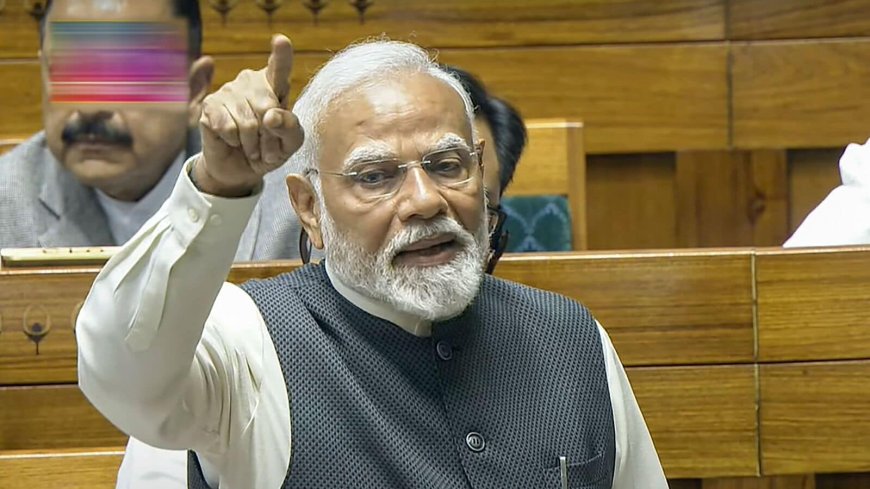‘Nehru was more interested in…,’ what the book recommended by Modi in Lok Sabha said about India's first PM
Budget Session: PM Narendra Modi referenced Bruce Riedel's book to critique Jawaharlal Nehru's foreign policy, suggesting that India's first PM prioritised personal connections over national strategy during critical historical moments.

‘Nehru was more interested in…,’ Insights from the Book Recommended by Modi in Lok Sabha
In a recent session of the Lok Sabha, Prime Minister Narendra Modi recommended a book that has stirred interest regarding India's first Prime Minister, Jawaharlal Nehru. The book suggests that Nehru was more invested in personal ideology than in the practical governance of the nation. This recommendation was made in the context of a discussion surrounding Nehru's legacy and the impact it has had on India's development over the decades.
Context of the Recommendation
During the session, Modi emphasized the importance of understanding historical figures through a critical lens. The controversial statements about Nehru's focus have reignited debates regarding his policies and their ramifications. It highlights an ongoing ideological battle in Indian politics, diving into how Nehru's leadership style has been interpreted by various scholars.
What the Book Reveals
The book put forth by Modi outlines an analysis of Nehru’s priorities during his tenure. It sheds light on his inclination towards certain philosophies that sometimes took precedence over day-to-day governance issues faced by a young nation. Key themes explored in the book include Nehru's views on economic independence, social modernization, and international relations, all of which were pivotal during the post-colonial era.
The Legacy of Nehru
Nehru continues to be a polarizing figure in contemporary political discourse. Supporters laud his contributions, including the establishment of institutions and social reforms, while critics often argue about the long-term consequences of his policies. Understanding Nehru’s approach through the lens of this book could provide a refreshing perspective for policymakers and historians alike.
Conclusion
As the discussions unfold, it is crucial for citizens and scholars to reflect on the implications of Nehru's legacy and the contrasting interpretations it generates. Engaging with literary recommendations like the one from Modi can drive thoughtful dialogue on the direction India should take as a nation moving forward. News by dharmyuddh.com will continue to follow this developing story closely, bringing you insights and updates on India's political landscape. Keywords: Nehru book recommendation, Modi Lok Sabha speech, India’s first Prime Minister, Nehru governance ideology, Modi talks about Nehru, historical perspective on Nehru, Nurturing national identity, Nehru legacy in India, Political discourse in India, Jawaharlal Nehru views, dharmyuddh.com updates.







